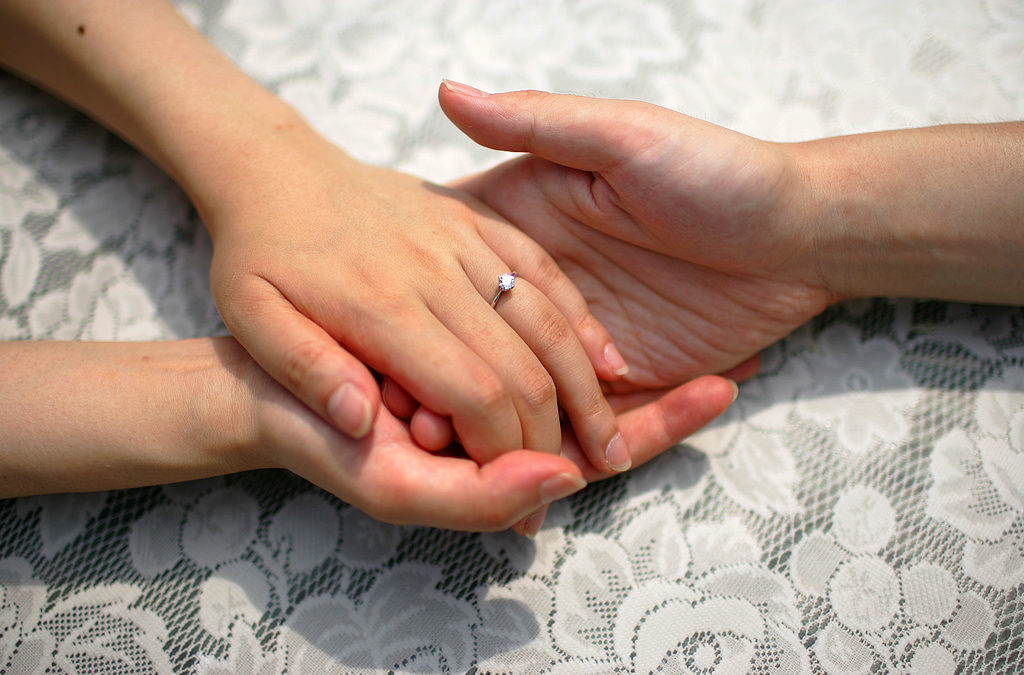During courtship, people tend to be on their best behavior to impress their partner. Many couples also experience a blissful “honeymoon phase.” But after the newness and excitement of a relationship has died down, challenges often arise. Fortunately, most of these challenges can be addressed and resolved before they dissolve a relationship, if the couple is willing to discuss their issues in pre-marital counseling. The earlier pre-marital counseling is introduced, the better. It’s important to keep an open mind about what therapy can do for maintaining a healthy relationship. Even if your relationship lacks problems, that doesn’t mean they won’t develop down the road.
What is pre-marital counseling?
Pre-marital counseling involves you, your partner and an experienced therapist who takes you through 6 – 10 sessions of counseling designed to enhance communication techniques, discuss expectations, and get out any problems that are likely to occur in a marriage once the honeymoon phase is over.
What happens in a counseling session?
A therapist helps people consider the expectations they have about their partner and marriage, and works to give them more realistic expectations of each other. Partners with diverse upbringings may hold different beliefs about marriage and the roles of husbands and wives. Each person examines and discusses their values and desires for their marriage, while practising communication skills taught by the therapist.
What issues are most commonly addressed?
There are many issues that must be fully discussed to maintain a healthy relationship and strong marriage. These issues are often skimmed over in the honeymoon phase, since couples avoid conflict during this time. Under the direction of a therapist, you might discuss:
- Finances: Joint or separate accounts; bills
- Family coherency: Relationships with in-laws; the amount of time expected to spend with in-laws
- Affection, sex and emotional intimacy
- Monogamy and fidelity
- Mental health
- Children: How many does each person want and when? How they will be raised; and the possibility of adoption
- Social lives: How much time will be spent with friends; do you have social expectations?
- Divorce: Expectations, fears and prenuptial agreements
- Careers and education
- Managing a home: Who will do what chores?
Who can benefit from pre-marital counseling?
Any couple will benefit from pre-marital counseling, whether they are young, old, unmarried, on their third marriage, fight often, or don’t fight at all. While therapists help many young couples on their first marriage, they also help many people who are on their second or third marriage. It’s important to consider what went wrong in the previous marriage and what was learned from it. With help from a therapist, these issues can be addressed and avoided in a new marriage.
Identifying relationship problems early will resolve many issues before they ever arise, and give couples the communication skills to deal with challenges that occur later in a marriage. Couples in turmoil will benefit greatly from pre-marital counseling. They need help to identify and recognize problems and work toward a resolution, rather than waiting until bitterness and conflict has eroded their love for each other.
If you have any questions or would like to talk to a therapist, reach out to us at Family & Child Development.

